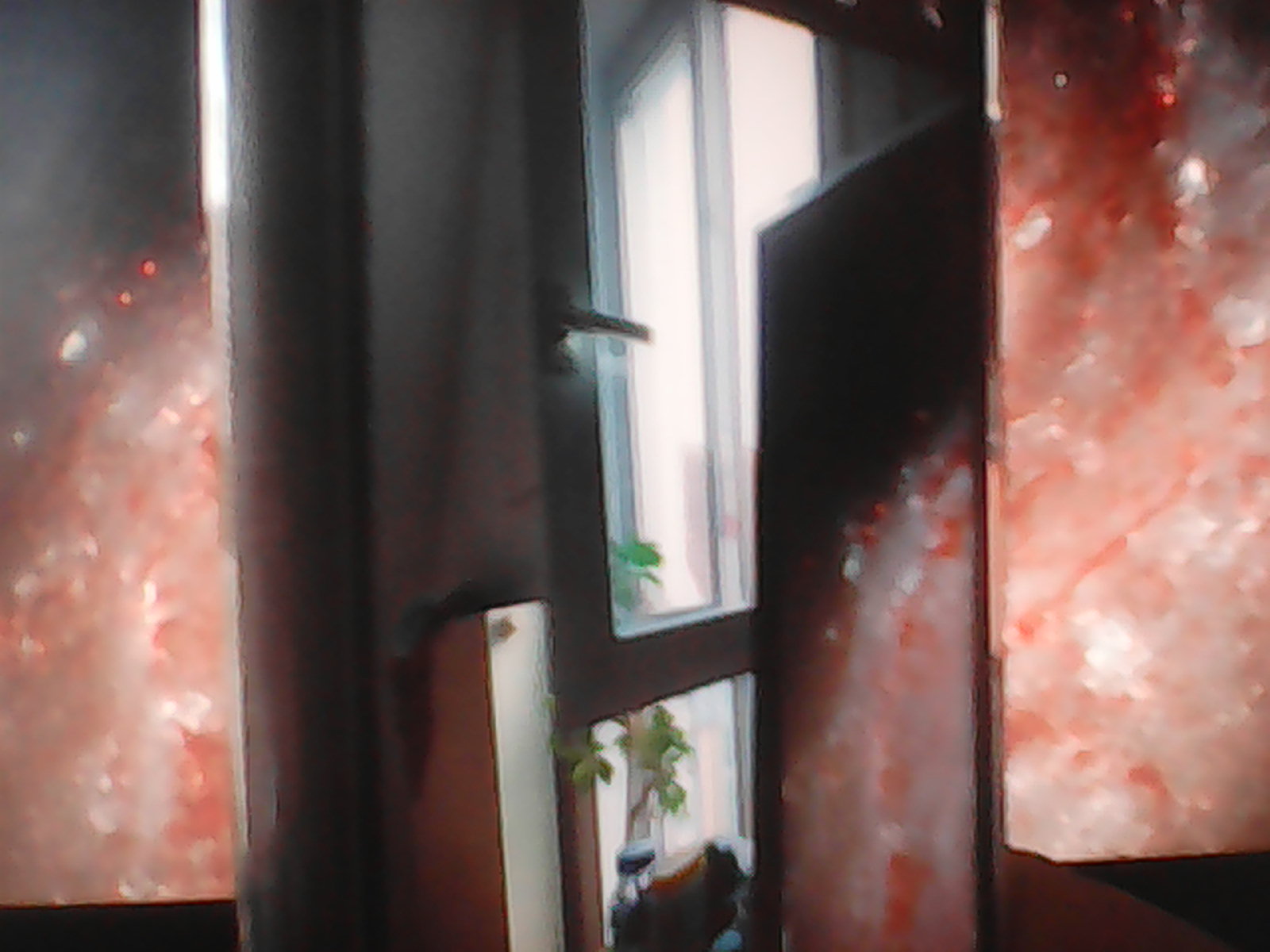| Space |
|---|
|
| Our ancestors would have never thought that space couldn't be one of the most important factors in the world. Living a nomadic lifestyle, they were subject to the space, always forced to move through it in order to find a habitable room if they wanted to survive. The process of becoming sedentary was the process of learning how to subjugate the space a bit - they probably figured it out in tiny steps, each performed by generations, each of them increasing their security, but also binding them to the room that they had developed in the past - binding them more and more to time instead of space, making the latter not meaningless, but less almighty. In these early phases, they probably still existed just like animals that erect their dwellings or reshape their surroundings to ensure their existence: They were bound to space in any way. It needed another thing to (seemingly) distinguish humanity: The concept of the ideal. Other than some philosophers I don't believe that the concept of the ideal was born out of the idea of religion; I do believe it is rather the other way around, and that the concept of the ideal was born from the sheer necessities of the perceived reality one encountered when trying to survive in an land that was made arable: If you know that there is a pack of wolves, a man with a club, or some thane with an army nearby you have to deal with them, even if they aren't just right before your nose - you have to calculate and behave as if they could just pop up at any time. And as the centuries passed and humanity evolved, concepts became more and more important, until, at the early modern age, the city of Rome did not only float over most European hamlets, but also was also beginning to front settlements in southern America, justified slave trading in Africa, or swiped into the havens of China. Technology and progress of thought were always, in first line, an attempt to overcome and reduce the structuring power of space; the second, but subordinate of every form of progress is to reduce the impact of time - this is, because time is a result of space, and can only be important in relation to space - only if a thing can be done at all it makes sense to check out how to do it faster. Some anarchist in the 19th century said that the telegraph would allow the states to become a many-armed monstrosity: If the authorities would be able to instantly send descriptions and orders to faraway places, revolutionaries wouldn't stand a chance anymore - he wouldn't prove entirely right, since the means that were indeed developed, established, and utilized by the states can also be used to combat them - but doing so requires the revolution to be much faster and better in adapting to and utilizing the technology to their means in a more efficient way than the states, who always have a better access to resources - a difficult battle, but those that tried to fight against the mills of time (Teddy K. is a prominent example) instead against the concept of authority didn't stood a chance from the beginning - they lacked the means, and even if they did, they couldn't have had success: The real problems are problems of the society, and attacking the tools of the hegemon will - if anything at all - impede him; on the other hand, technology can only be a tool within the fight for our own side as well - it is a mean to enforce change, but can never replace it - those who think that a new technology can help us over the problem of inequality, war, or environmental destruction make the same mistake as the aforementioned "primitivists", only from the other side around. When I woke up, I was here. Over the last hundred years, technologies exploded. Within the post-modern world, the barriers of space were widely diminished (and even the space away from our planet is slowly conquered) - and replaced by the barriers of capital. Moving through space has become an status symbol that shows the financial power, and are even handled as a way of trying to archive the reaching of transcendence for many (and this way, mostly taking the role of religions who once promised the ultimate overcoming of space within the ideal room at the beginning of the whole process) - but as always, time filled the structural vacuum that the ongoing dethronement of space left behind: While the system is generous with the distribution of the overcoming of space, most people within the "developed world" miss the time to make use of it - this is a privilege of the upper ten thousand, who still have the feeling that they have to less of it; and so many of them they try to prolong their life with any mean possible. They fail to see what is the core of every apt philosophical or religious idea (which developed, through the needs of the sheer necessities and generality of the perceived reality one encounters when trying to survive in an land made arable, much faster than every other form of technology or science): That every victory over space or time is only ephemeral - and that it thus doesn't matter how much time you have or where you spent it, but what you do with it. Your reflection within the ideal sphere is the only thing that is bound by neither space nor time, and you spoil it by evil deeds - this is what will remain of you, while every material thing must go the way of all material things. |
